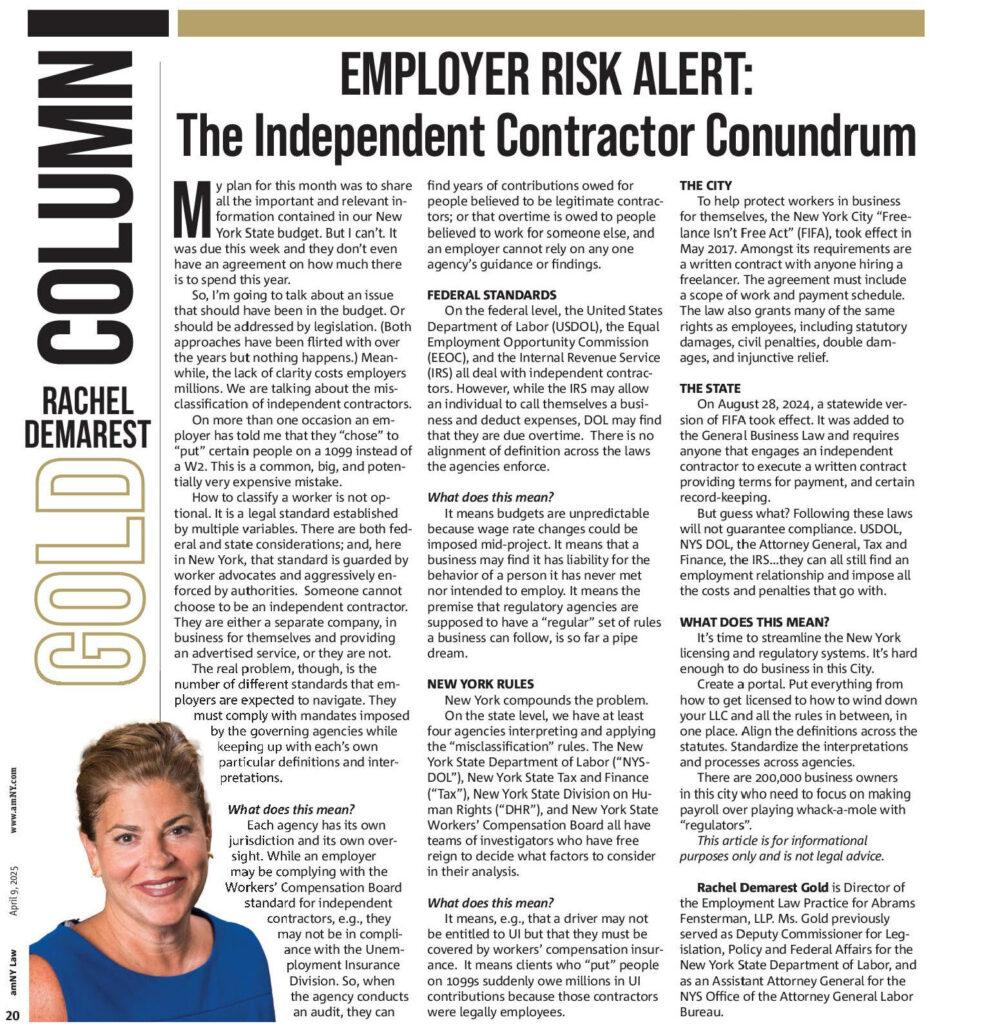By Carolyn Wolf
During recent debates over healthcare legislation the term “death panels” was thrown around at a regular interval, conjuring up ideas of bureaucrats meeting in secret to decide who would live and who would die. Despite the ominous title and political imagery it provoked, “death panels” simply referred to a rather mundane piece of end-of-life planning. This small portion of the otherwise large healthcare legislation allowed physicians to receive compensation through Medicare for discussing documents such as health care proxies and living wills; essentially, what decisions will be made for you at he end of your life and whom you want to make those decisions for you.
Often times these very important decisions are neglected when we are of sound mind and body because they are too difficult to think about or because we do not wish to burden friends and family with the thought of our eventual death. While this topic may be uncomfortable to discuss, the burden is increased many fold when we are of failing health and unable to express our wishes because ultimately these decisions do fall upon family and friends. If one does not make their wishes known to the people you hoped to protect from discomfort by having a conversation they are left to guess as to what you really wanted. Even worse, if no family or friend is available the decision is left to strangers who did not know you at all.
This article will discuss the many options available to people to ensure that their wishes are met when it comes to many of the most important decisions of our lives. Specifically, it will give a brief overview of many of the tools available for “advanced planning” such as a Living Will, Health Care Proxy, Power of Attorney, Guardianship, and the new Family Health Care Decisions Act. This article will also discuss the relative limitations of these options.
Living Will
A Living Will is a fairly simple document that details what sort of life sustaining treatment you do or do not want performed if you lose the capacity to make that decision for yourself. For instance, if you are suffering from an incurable illness that will surely take your life, you can decide, in advance, while you are still of sound mind, that you do not wish to be resuscitated if that is necessary, or that you do not wish to have breathing or feeding tubes inserted to prolong your life. This provides health care providers with an unmistakable account of your wishes if you are to befall such a situation.
Health Care Proxy
A Health Care Proxy allows you to appoint a Health Care Agent, someone to make decisions for you, if you become incapacitated. This allows you to choose exactly whom you trust most to carry out your wishes. It becomes particularly important if you are not married, or if the person you wish to make decisions for you is a friend and not immediate family.
Important to note, however, a Health Care Agent cannot make decisions regarding involuntary psychiatric care and treatment. In other words, if an individual with a mental illness suffers a deterioration of his condition their agent cannot commit them to a psychiatric hospital or consent to psychiatric medication in a psychiatric hospital setting. In addition, even if an individual lacks the capacity to make a decision on their own, but is still conscious and expresses wishes for treatment that are contrary to the Health Care Proxy, the proxy becomes void. Hence, if a mentally ill person loses capacity and begins to refuse medical treatment of a non-psychiatric nature an agent cannot make the decision for the person. In this situation, only a Court can override someone’s active refusal to receive treatment.
Power of Attorney
A Durable Power of Attorney allows an individual to make financial decisions on your behalf. Unlike the Health Care Proxy, which only goes into affect when you lose capacity to make decisions for yourself, a Durable Power of Attorney authorizes your agent, called an “attorney-in-fact”, to make decisions while you are capacitated and also when you lose capacity, unless you specify otherwise. A Power of Attorney can be as broad or limited as you would like, authorizing your agent to make all or only specific financial decisions on your behalf. Under a recent amendment to New York’s law a separate form must be filled out if you wish your agent to have the ability to make gifts in excess of $500.
Guardianship
A Living Will, Health Care Proxy, and Power of Attorney can only be executed when someone is of sound mind to make these decisions. Once someone has lost the capacity to make decisions, however, whether it is due to mental illness or any other infirmity, these instruments cannot be created. In these situations the law allows for a guardianship proceeding. A guardianship allows the Court to appoint an individual to make financial and personal decisions for an individual who has lost capacity to make a decision for themselves. A guardianship proceeding can be initiated by family, friends, the director of a facility where an individual resides, or certain governmental agencies charged with the welfare of the population. Although a guardianship can be tailored to be as limited as necessary, a guardian can also be granted the authority to make essentially all decisions for the incapacitated person. In addition to financial decisions and health care decisions a guardian can make decisions about whether the incapacitated person can drive, travel, where they can live, etc. Also, unlike a Health Care Proxy, a guardian can make decisions for an individual even if that person verbally disagrees with the decision.
Like the Health Care Proxy, however, a guardian cannot make decisions regarding involuntary psychiatric treatment. The Courts have been clear that these decisions can only be made by a Court. So while a guardian can make a decision regarding major or routine medical procedures, a guardian cannot involuntarily commit or make decisions about whether or what psychiatric medication an incapacitated person should receive. Only a Court can make that decision.
Family Health Care Decision Act
Recently New York State passed the Family Health Care Decisions Act (“FHCDA”). The FHCDA fills a huge gap in the law where a person had not completed an advanced directive such as a Living Will or Health Care Proxy, and there was no “clear and convincing” evidence of their prior expressed wishes so therefore no one could make decisions if the person lost capacity. This often required cumbersome and time consuming petitions to a court even if family was available to make decisions. This law now provides a hierarchy of decision makers beginning with a spouse and proceeding to adult children, parents, siblings all the way to a close adult friend. This person must make decisions in accordance with the incapacitated person’s moral and religious views.
In the instance where there is no family or friend available to act as a surrogate, the FHCDA allows a hospital where the individual is being treated to make these medical decisions. A treating physician alone can make minor medical decisions. For major medical decisions two physicians must agree on a particular course of treatment and that the treatment is medically necessary. In the event that an individual does not have a potential surrogate a hospital may also make end of life decisions, such as withholding life sustaining treatment where it would provide no medical benefit because the patient will imminently die and to provide such treatment would violate medical standards.
Conclusion
As this article illustrates, there are many options that allow for whom and how decisions can be made for individuals once they lose capacity to make decisions for themselves. All of these options can be tailored to be as broad or narrow as is needed in the particular situation. There is a great deal of debate in the instance of mental illness as to whether or not a surrogate is allowed to make psychiatric decisions. On the one hand, unlike other areas where one loses capacity as a result of a loss of consciousness, an individual’s bodily autonomy should only be overridden by a Court. Others feel that mental illness, at times of extreme deterioration, robs an individual of the capacity to make rationale decisions and therefore those who have cared for the individual and know his/her wishes best should have the authority to make these decisions. This, the argument goes, would save a great deal of time and expense allowing for greater treatment options, potentially a quicker recovery period. The recently passed Family Health Care Decisions Act continues to require interpretation and clarification in the area of persons with mental illness, developmental disability or mental retardation. There is much work being done with the hope of a timely resolution as to what a surrogate can and cannot consent to in these instances, as well as those who require treatment, sometimes life sustaining treatment, but have no surrogate. As the law in this area becomes more defined we will inform our readers of these updates and hopefully full clarification and direction will come soon.





